VCE English Text Analysis Guides
No more drowning in 200-page VCE English texts or highlighting an entire page because it’s all important. We've popped everything you need into neatly written text guides that actually make sense. You’ve got this.
Find the ultimate guide to your text…
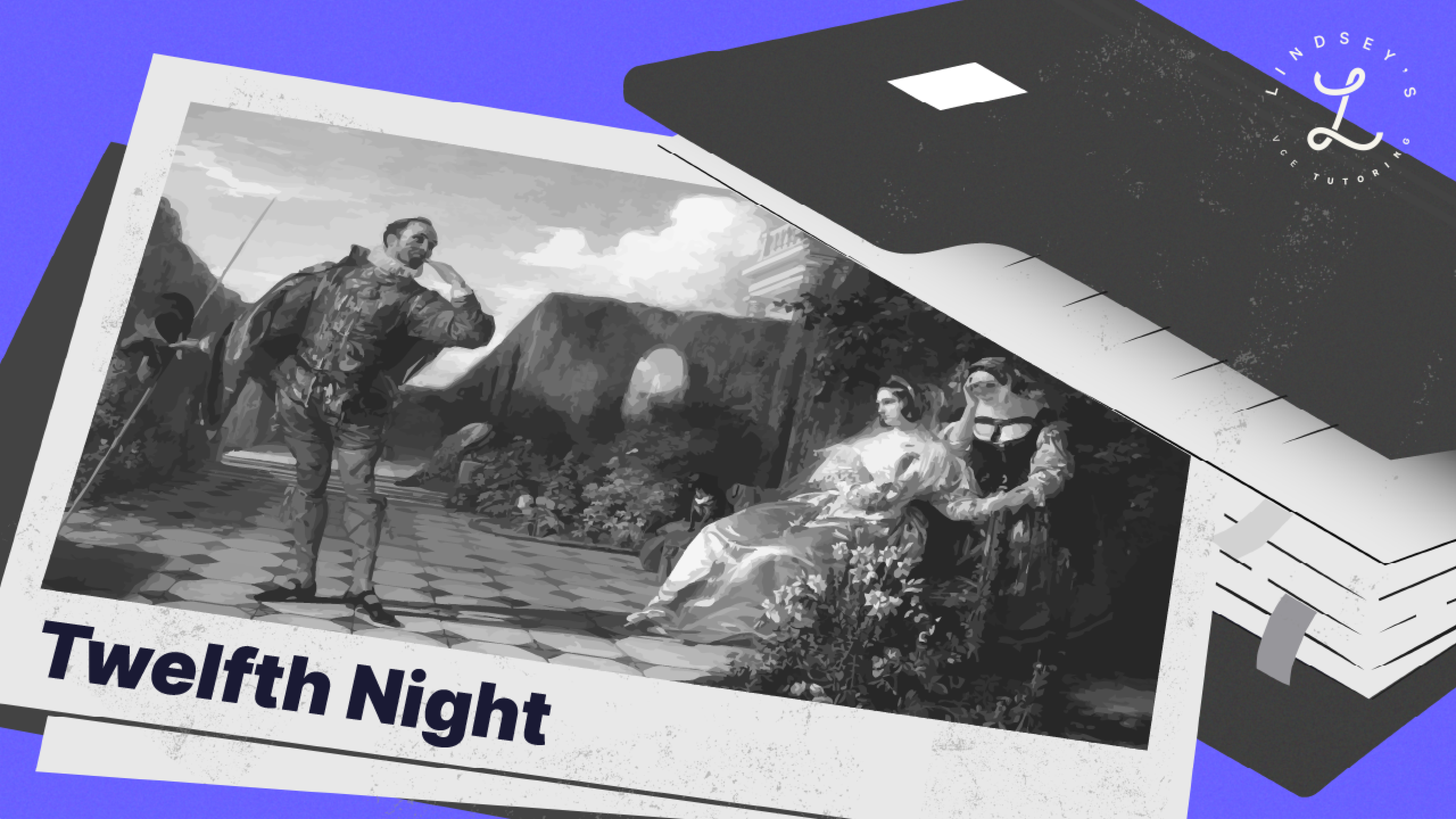
An Ultimate Guide to Twelfth Night
William Shakespeare (1564-1616) is commended in Western literature as the greatest writer in the English language and certainly the most famous playwright. His plays hold great renown and relevance owing to their astute observations of human character and society, as well as the layers of depth in his verse that create endless opportunities of literary exploration.

An Ultimate Guide to We Have Always Lived in the Castle
Instead of focusing on paranormality, Jackson conveys a “vast intimacy with everyday evil, with the pathological undertones of prosaic human configurations: a village, a family, a self”.

An Ultimate Guide to The Complete Stories by David Malouf
David Malouf’s short story collection Every Move You Make compels us to examine the intersections between identity, memory, place, and belonging; in this collection, we confront the tensions between the self and other, and what kinds of transformations may emerge from encounters between the two.
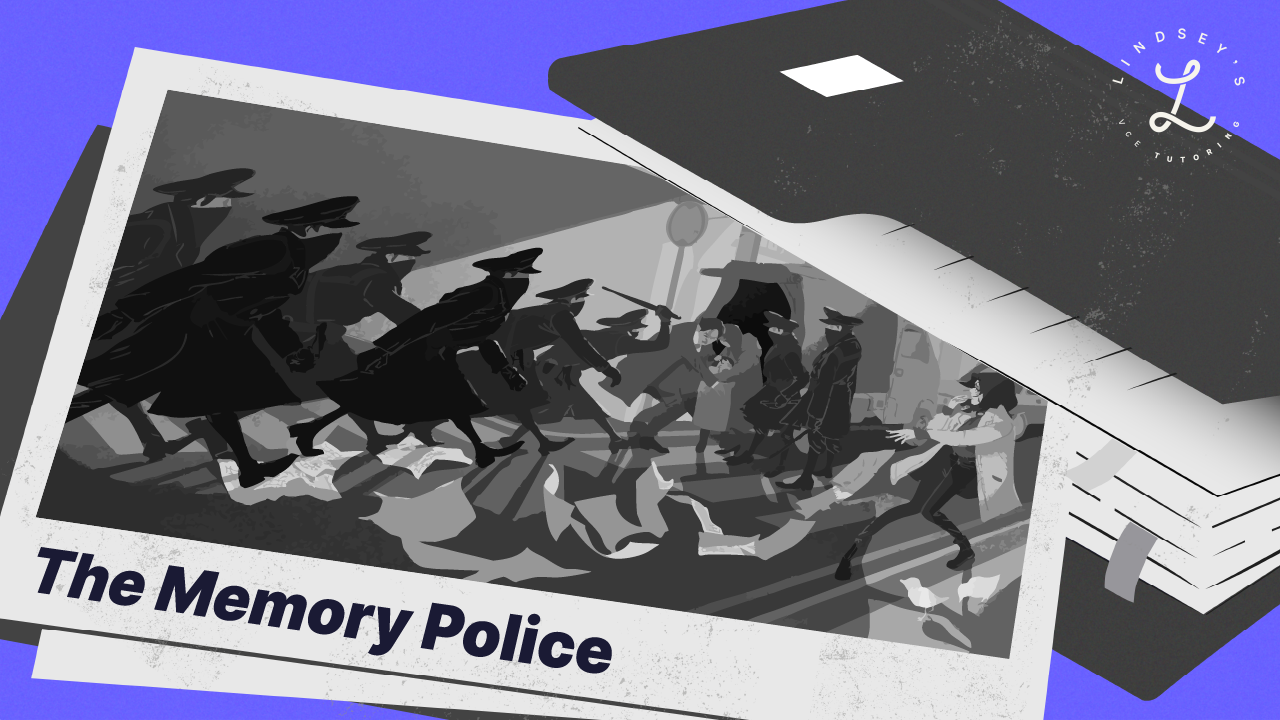
An Ultimate Guide to The Memory Police
The Memory Police offers a poetic yet poignant commentary on the effects of memory loss, both on individuals and society as a whole. As the citizens of the unnamed island gradually fall victim to the oppression enforced by the titular militia, acclaimed Japanese author Yoko Ogawa’s Orwellian novel interrogates the dangers of ideological conditioning and the existential threats it poses to humanity.

An Ultimate Guide to Sunset Boulevard by Billy Wilder
Sunset Boulevard is a 1950 film noir written and directed by Billy Wilder. It follows Joe Gillis, a struggling screenwriter, as he stumbles upon former movie star Norma Desmond.
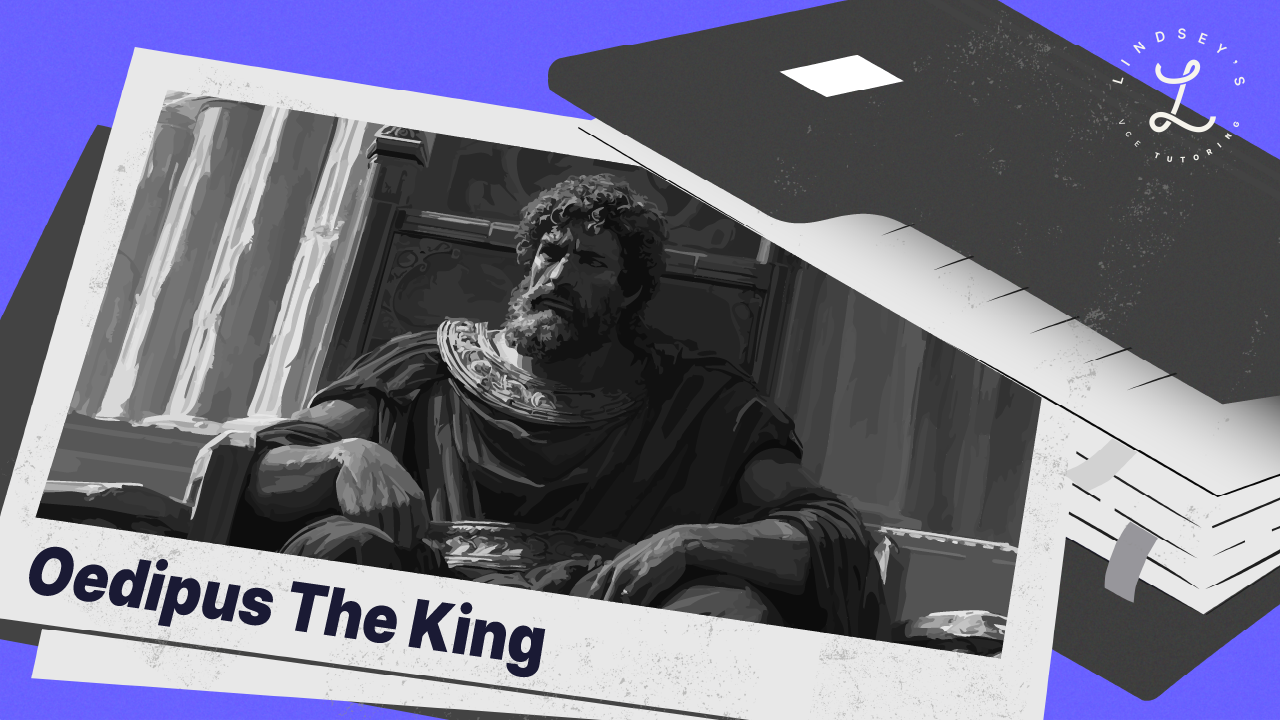
An Ultimate Guide to Oedipus The King
Sophocles' tragic play Oedipus The King dramatises the spectacular deterioration of its titular protagonist as he uncovers the devastating truth of his own identity. The drama opens in Thebes, where a catastrophic plague ravages the city.
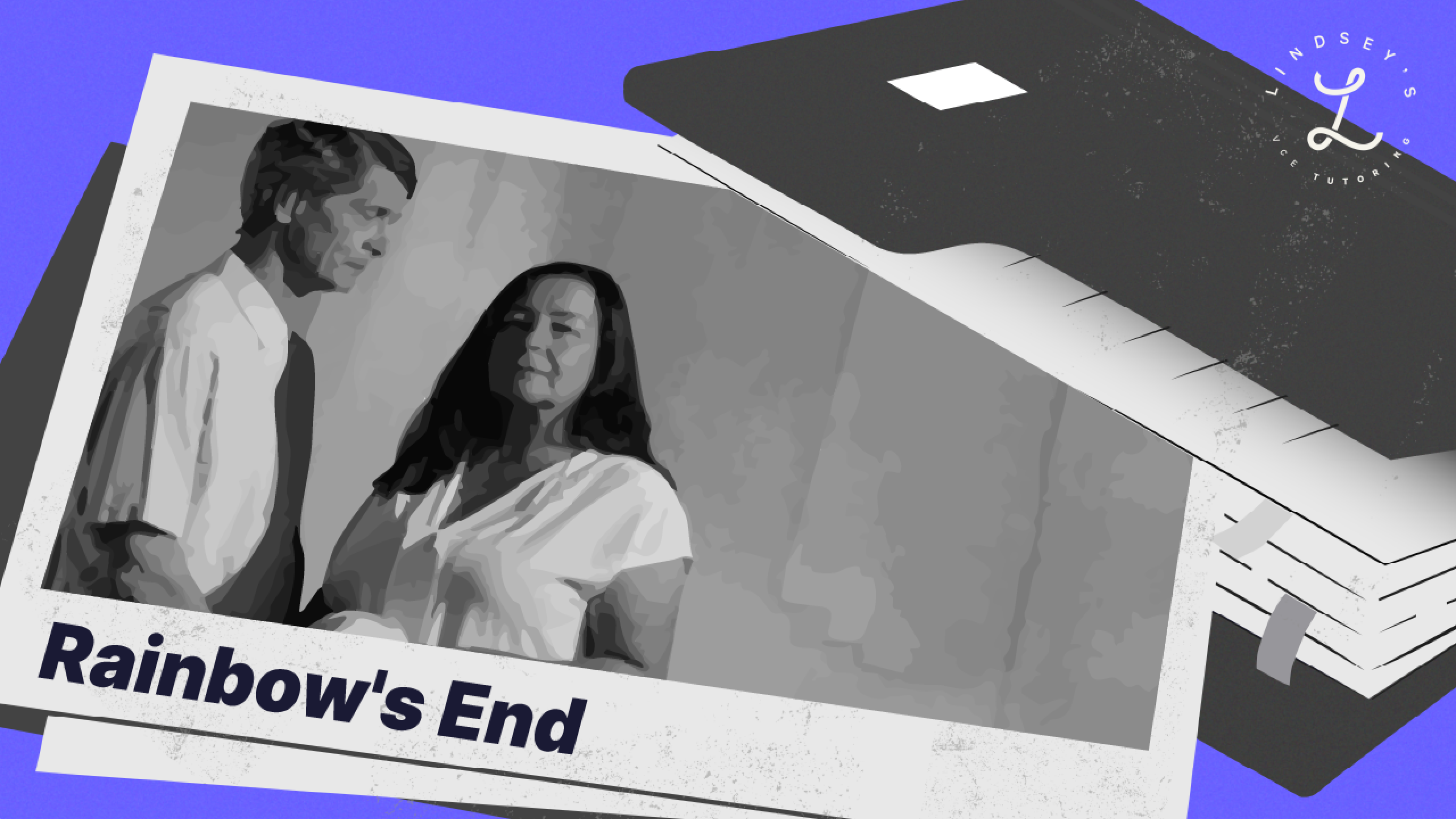
An Ultimate Guide to Rainbow's End by Jane Harrison
Jane Harrison’s 2007 play ‘Rainbow’s End’ invites its audience into the household of three Indigenous women as they struggle to realise their dreams in an era of racial segregation and dispossession.

An Ultimate Guide to New and Selected Poems by Mary Oliver
Mary Oliver (1935-2019) was an American poet, known for her meditative observations on the natural world and the accessible and unornamented, yet sharply precise, language of her poetry. Growing up in a difficult home, Oliver found refuge in the peace and wisdom of nature, which understands its unspoken place in the world without the frivolous explanations and trappings of human society. Oliver shared in an interview in 2015: “I got saved by poetry, and I got saved by the beauty of the world.”

An Ultimate Guide to My Brilliant Career
Characterised by its frank portrayal of hardship and oppression, Franklin’s writing reflects the social and political movements of federalism and female suffrage, emphasising the disempowerment of women in Australia while celebrating the Australian working class and natural environment with a strong sense of patriotism.

An Ultimate Guide to Jane Eyre
Jane Eyre chronicles the life of its titular character, an orphan raised by her cruel aunt and mistreated at the Lowood charity school.

An Ultimate Guide to High Ground
Visually depicting Australia's Frontier Wars, Stephen Johnson's film “High Ground” acts as a critical expośe of Colonial and Post Colonial Australia. The film highlights the discordant contrast between the picturesque landscape and the brutal spectacle of violence that takes place upon it. In doing so, Johnson delves into the notions of guilt, justice and revenge, trust and loyalty and belonging.
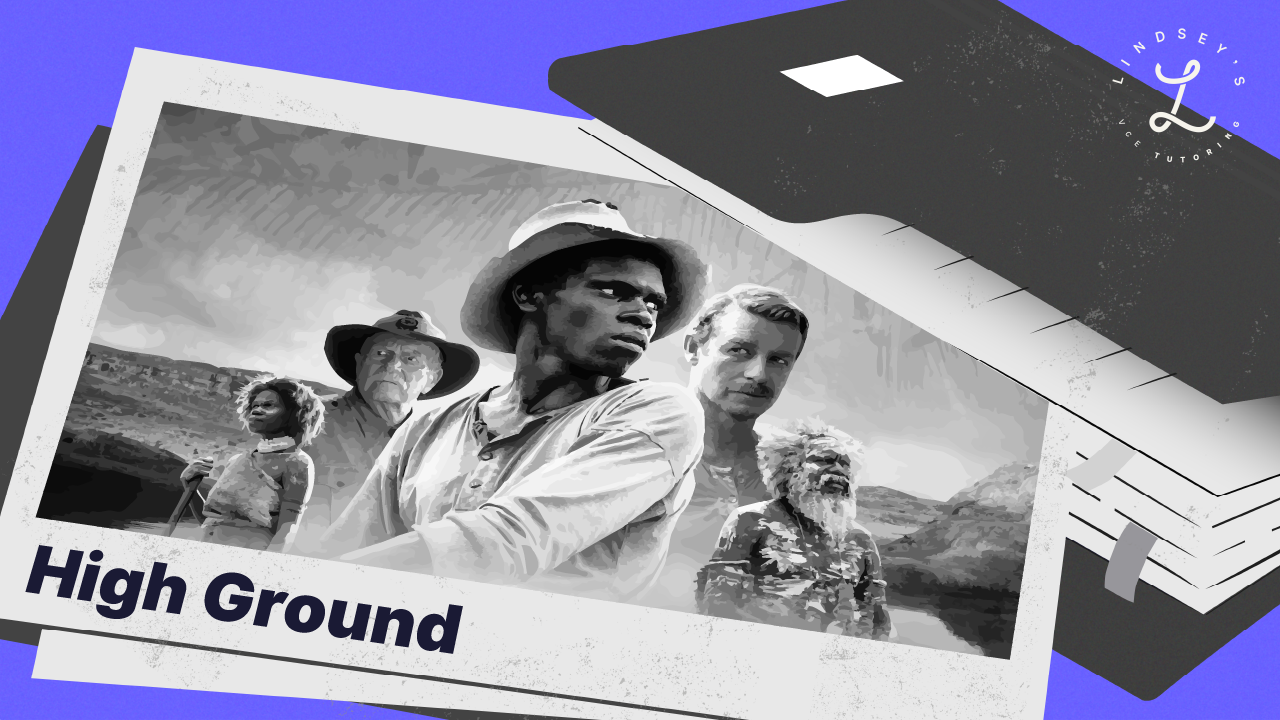
An Ultimate Guide High Ground by Stephen Johnson
Visually depicting Australia’s Frontier Wars, Johnson’s film “High Ground” acts as a critical expośe of Colonial and Post Colonial Australia.
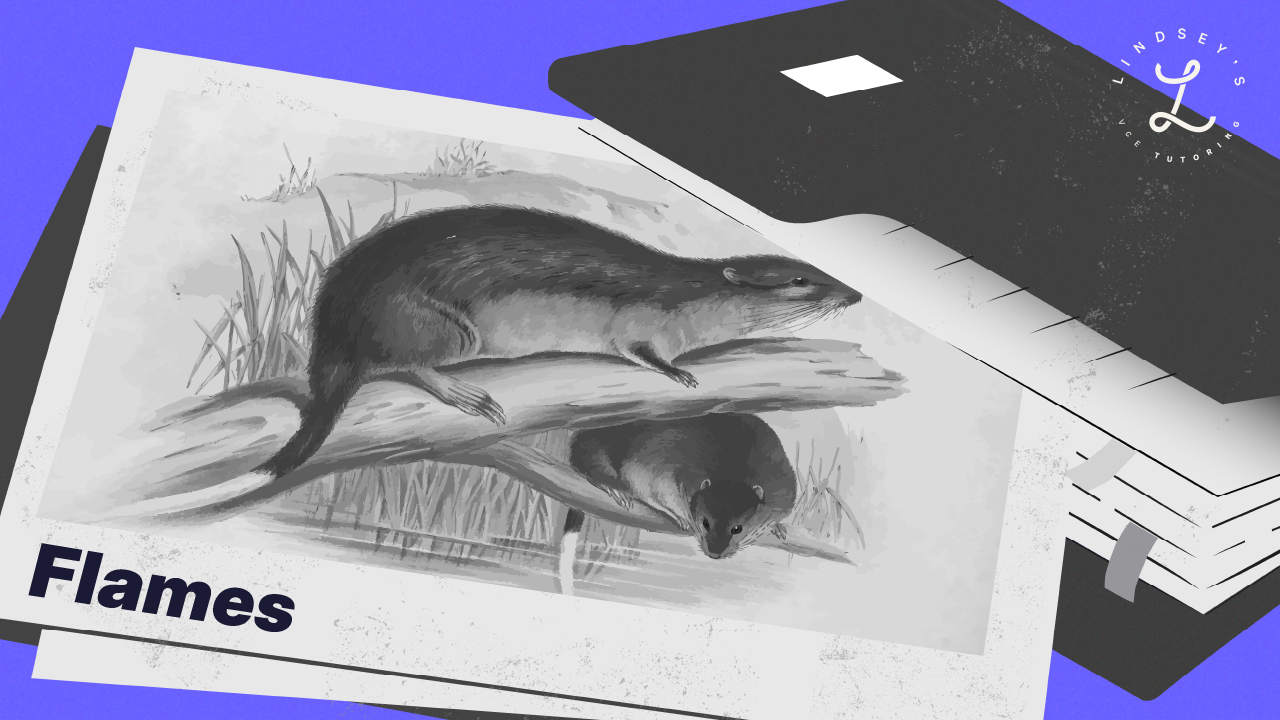
An Ultimate Guide to Flames
Robbie Arnott’s magical realism novel Flames embarks on a journey through Tasmania to meditate on the complexity of human emotion and our relationship with nature. Centred in the natural world, Flames asks us to reject anthropocentrism and to consider the ways in which we are a reflection of, and a part of, the natural world.

An Ultimate Guide to Chronicle of a Death Foretold
Centred around the honour killing of a man named Santiago Nasar, the novella unfolds in reverse, with the motive and perpetrators identified almost immediately.

An Ultimate Guide to Born a Crime
Born in South Africa in 1984, Noah grew up under apartheid and witnessed the turbulent process of its downfall in 1990. Under apartheid legislation, Noah’s mother was classified as Black, while his father was classified as white, making Noah fall under the castigated classification of ‘coloured.’ Due to apartheid’s ban on interracial relationships, Noah’s birth and existence was defined as illegal, hence the title of the memoir.

An Ultimate Guide to Bad Dreams and Other Stories
Tessa Hadley, born in Bristol in 1956, is a British author most famous for her novels, her short stories, and her non-fiction writing. The main concerns of her writing are usually human relationships, domestic lifestyles, and family dynamics, and her writing is usually realistic rather than fantastical.
.webp)
Ready to excel in VCE English?
Don’t wait – take the first step on your path towards academic excellence today. Sign up for a tutoring program now and start your journey to success.